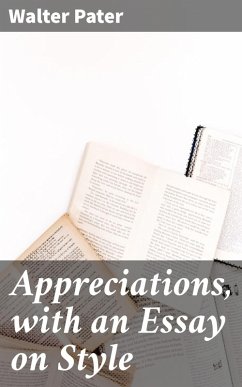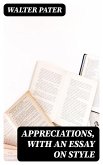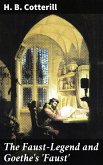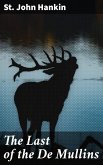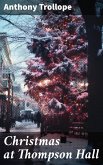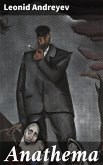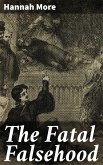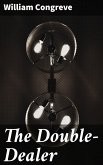Walter Pater's 'Appreciations, with an Essay on Style' is a collection of critical essays that delves deep into the realm of art and aesthetics. Known for his elegant prose and sophisticated literary style, Pater examines the works of various writers, painters, and musicians, providing insightful analyses that reveal his keen eye for detail and appreciation of beauty. Each essay in the collection showcases Pater's distinctive blend of scholarly analysis and poetic expression, making it a valuable contribution to the field of literary criticism. Pater's emphasis on the importance of personal interpretation and subjective experience sets him apart from his contemporaries, making 'Appreciations' a groundbreaking work in the context of aestheticism and literary theory.Walter Pater, a leading figure in the Aesthetic movement of the late 19th century, was a writer and critic known for his influential essays on art and literature. His academic background in classics and his deep appreciation for beauty and artistry informed his writing, leading him to explore the connections between literature, aesthetics, and philosophy. 'Appreciations, with an Essay on Style' reflects Pater's passion for art and his belief in the transformative power of artistic expression.I highly recommend 'Appreciations, with an Essay on Style' to readers interested in exploring the intersections of literature, art, and philosophy. Pater's nuanced analysis and eloquent prose make this collection a must-read for anyone seeking a deeper understanding of the role of beauty in shaping our perception of the world.
Dieser Download kann aus rechtlichen Gründen nur mit Rechnungsadresse in A, B, BG, CY, CZ, D, DK, EW, E, FIN, F, GR, H, IRL, I, LT, L, LR, M, NL, PL, P, R, S, SLO, SK ausgeliefert werden.

